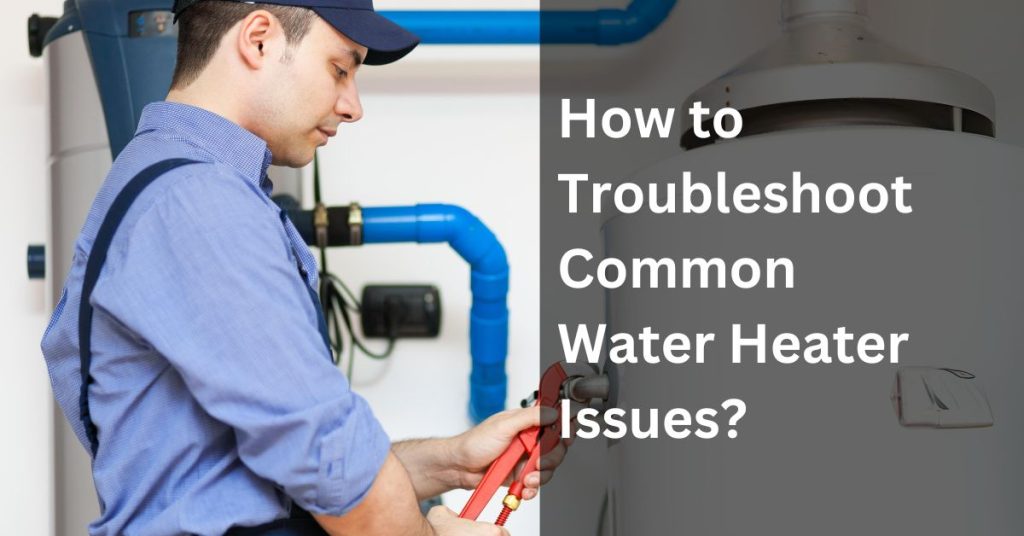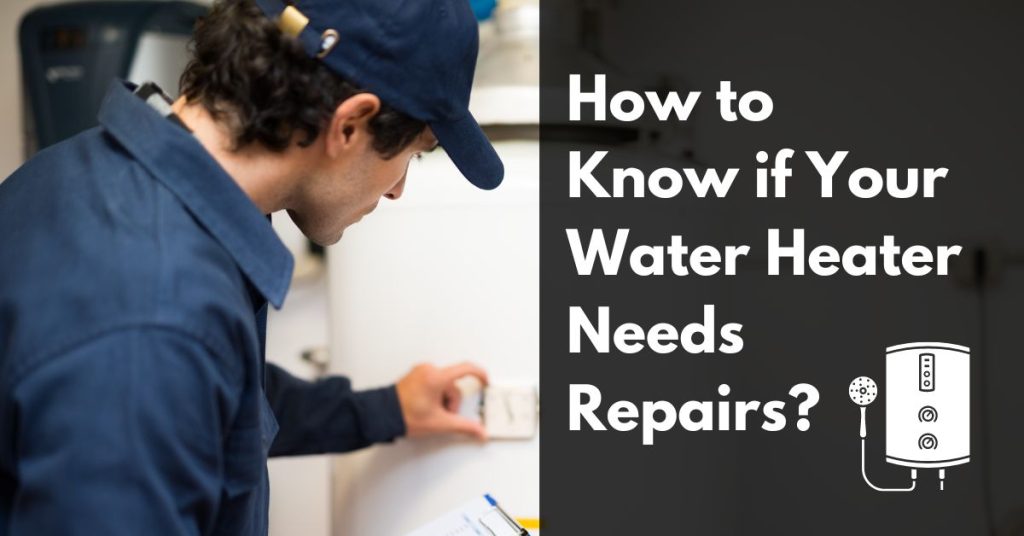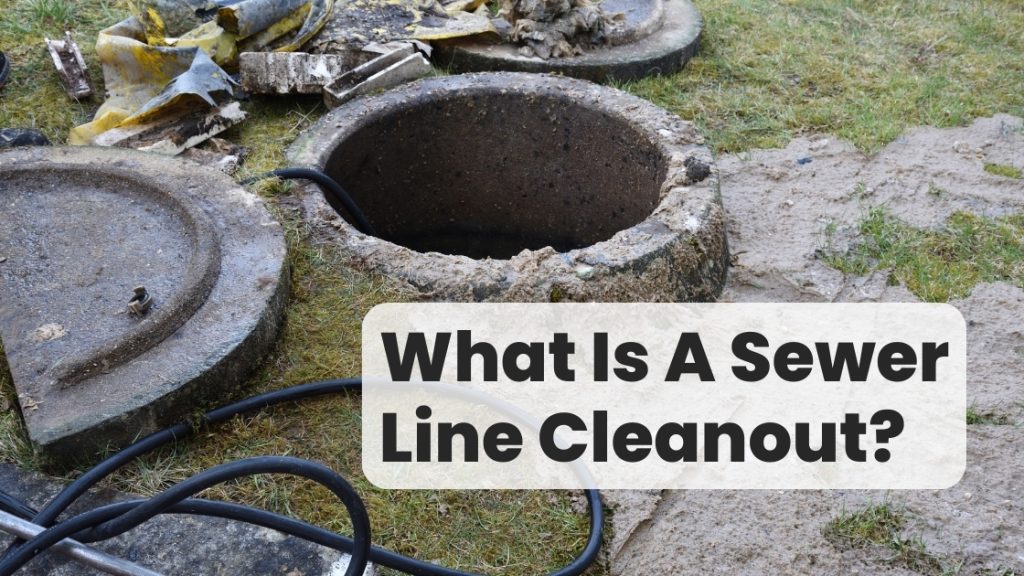Currently Empty: $0.00
DIY Plumbing Repair: When to Tackle It Yourself and When to Call a Professional
When it comes to plumbing issues in your home, it’s essential to know when you can handle the repairs yourself and when it’s time to call in a professional. DIY service can be a cost-effective and satisfying way to maintain your plumbing system, but there are situations where professional expertise is necessary. In this article, we will explore the benefits and risks of DIY maintenance, provide guidance on basic repairs homeowners can tackle, discuss when it’s time to call a professional, highlight safety considerations, and offer tips for choosing the right professional plumber.
Contents
What are the Benefits of DIY Plumbing Repair?
Cost savings: One of the main advantages of repair is cost savings. By performing the repairs yourself, you can avoid hiring a professional plumber and paying for their services, which can be quite expensive. Repairs allow you to purchase the necessary materials and fix the issue at a fraction of the cost.
Flexibility and convenience:
When you handle mending on your own, you have the flexibility to work on them at your own pace and according to your schedule. You don’t have to wait for a plumber to arrive, which can be especially beneficial during emergencies. DIY maintenance give you the convenience of being able to resolve plumbing issues immediately without relying on external assistance.
Learning opportunity:
DIY maintenance provide an excellent opportunity to learn new skills and gain knowledge about plumbing systems. By tackling the repairs yourself, you can familiarize yourself with the plumbing layout, various components, and how they work. This knowledge can be useful for future repairs and maintenance tasks, saving you both time and money in the long run.
Empowerment and self-sufficiency:
Successfully completing maintenance on your own can be empowering and boost your confidence in handling household issues. It gives you a sense of self-sufficiency and the satisfaction of solving problems independently. Additionally, you won’t have to rely on others or wait for help when faced with minor plumbing problems.
Immediate action:
Plumbing issues can worsen quickly if left unattended. By being able to perform DIY service, you can take immediate action and prevent further damage or inconvenience. Being proactive in addressing plumbing problems can help you maintain the functionality of your plumbing system and avoid more significant issues down the line.
Despite these benefits, it’s important to note that not all plumbing repairs are suitable for DIY. Complex or major plumbing problems may require the expertise of a licensed plumber. Additionally, if you’re unsure or uncomfortable with a repair, it’s advisable to consult a professional to avoid causing further damage or compromising safety.
What are the Risks of Doing Plumbing Yourself?
While DIY plumbing maintenance have their benefits, there are also risks associated with attempting to tackle plumbing issues without professional expertise. Here are some potential risks of these maintenance:
Increased damage:
Without proper knowledge and experience, there is a higher risk of causing additional damage to your plumbing system. A small mistake or incorrect repair technique can lead to leaks, pipe bursts, or other serious issues. This can result in more extensive repairs and higher costs in the long run.
Safety hazards:
Plumbing systems involve water, electricity, and sometimes gas lines. Working on these components without the necessary knowledge and precautions can be dangerous. There is a risk of electrical shocks, gas leaks, scalding water, or other accidents. Professional plumbers are trained to handle these hazards and take appropriate safety measures.
Lack of proper diagnosis:
Identifying the root cause of a plumbing problem can be challenging, especially for those without plumbing experience. You might attempt to fix a symptom rather than the underlying issue, leading to temporary solutions or recurring problems. Plumbers have the expertise to diagnose plumbing problems accurately and provide comprehensive repairs.
Code violations:
Plumbing repairs often need to comply with local building codes and regulations. DIY repairs run the risk of not meeting these requirements, which can lead to code violations and potential penalties. Professional plumbers are knowledgeable about local codes and ensure that repairs are done in accordance with the regulations.
Time and effort:
Plumbing repairs can be time-consuming and physically demanding. DIY projects may require extensive research, troubleshooting, and multiple attempts to fix the problem correctly. If you lack the necessary skills or tools, it can lead to frustration and wasted time. Hiring a professional plumber can save you the effort and provide a quicker resolution.
Voiding warranties:
Many plumbing fixtures, appliances, and systems come with warranties. Attempting DIY repairs without professional authorization can void these warranties, leaving you responsible for any future issues or replacements.
It’s important to assess your own capabilities and limitations when considering DIY services. If you’re unsure about a repair or it involves complex systems, it’s generally advisable to consult a licensed plumber to ensure the job is done safely and effectively.
What are Some of the Basic Services of Doing Plumbing Yourself?
While some plumbing problems should be left to professionals, there are several common issues that homeowners can often handle themselves. Here are step-by-step instructions for a few basic self doing plumbing services:
Fixing a leaky faucet:
Turn off the water supply to the faucet. Disassemble the faucet handle to access the cartridge or valve. Inspect the cartridge for damage and replace it if necessary. Reassemble the faucet handle and turn the water supply back on.
Unclogging a drain:
Remove any visible debris from the drain. Use a plunger to create a seal over the drain and apply firm pressure to create suction. If the plunger doesn’t work, try using a drain snake or auger to break up the unclogged drain. Flush the drain with hot water to ensure the clog is cleared.
Replacing a showerhead:
Turn off the water supply to the shower. Unscrew the old showerhead from the shower arm using adjustable pliers. Apply plumber’s tape to the threads of the shower arm. Screw the new shower head onto the shower arm and hand-tighten. Remember to consult online tutorials or plumbing guides for detailed instructions specific to your plumbing issue. Always use the necessary safety precautions, such as wearing protective gloves and eyewear.
So, When Should You Call a Professional?
While DIY repairs are suitable for certain plumbing issues, there are situations where it’s best to call a professional plumber. Complex plumbing problems require the expertise and experience that professionals bring to the table. Here are a few instances when you should reach out to a professional:
Sewer line issues:
Sewer line repairs or replacements are intricate and require specialized equipment.
Professionals can identify the root cause of the problem and implement appropriate solutions.
Major pipe leaks:
Large leaks can cause significant damage and may require extensive repairs.
Professional plumbers have the skills and tools to locate and fix the source of the leak efficiently.
Water heater repairs:
Water heaters involve electrical and gas connections, making repairs potentially hazardous. Professionals can handle water heater repairs safely and effectively, ensuring optimal performance.
Water heater replacement:
Replacing a water heater involves various considerations, such as selecting the right size and type of water heater for your specific needs, ensuring proper installation, and adhering to local building codes and regulations. Professionals have the expertise to guide you through these decisions and carry out the replacement process in a manner that minimizes risks and maximizes the efficiency and longevity of your new water heater.
Keep an eye out for warning signs that indicate it’s time to call a professional, such as persistent leaks, foul odors, discolored water, or decreased water pressure. Ignoring these signs can lead to more extensive and costly damage.
You may like to read: The Importance of Regular Plumbing Maintenance: Tips and Best Practices for Homeowners
What are Safety Considerations?
Regardless of whether you’re tackling to mend it yourself or hiring a professional plumber, safety should be a top priority. Plumbing repairs can involve sharp tools, heavy equipment, and potentially hazardous substances.
Here are some general safety tips to follow:
- Turn off the water supply before starting any repairs.
- Wear protective gear, such as gloves and eyewear, to prevent injuries.
- Use caution when working with tools and equipment to avoid accidents.
- Follow manufacturer instructions for any chemicals or solvents used in plumbing repairs.
- If you’re unsure about a repair or encounter unexpected complications, stop and consult a professional.
How to Choose the Right Professional Plumber?
When the time comes to call a professional plumber, it’s essential to choose a reliable and qualified individual or company. Here are some factors to consider when selecting a professional plumber:
Credentials and experience:
Look for plumbers with relevant certifications, licenses, and a good track record.
Experience is crucial in handling various plumbing issues effectively.
Licensing and insurance:
Ensure the plumber is licensed and carries appropriate insurance to protect you and your property in case of any accidents or damages.
Customer reviews and references:
Read online reviews and seek references from friends, family, or neighbors to gauge the plumber’s reputation and reliability.
Obtaining multiple quotes:
Ask for quotes from several plumbers to compare prices and services offered. Remember that the lowest price isn’t always the best option; consider the plumber’s reputation and experience as well.
Doing plumbing yourself can be a cost-effective and rewarding way to handle common plumbing issues in your home. However, it’s crucial to recognize your limitations and understand when it’s best to call a professional plumber. When choosing a professional plumber, prioritize safety and consider their credentials, experience, licensing, and customer reviews. Assess your skills and the complexity of the plumbing issue to make an informed decision on whether to tackle it yourself or seek the expertise of a trusted plumber in Napa.













